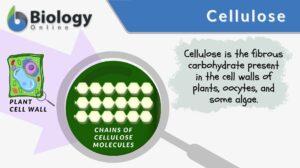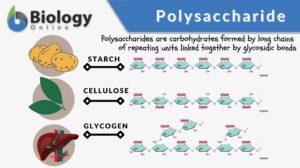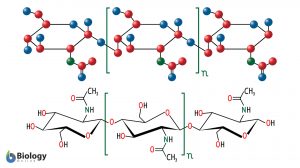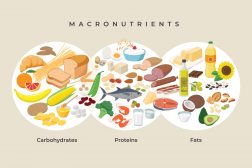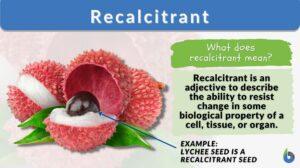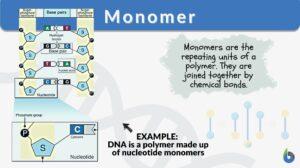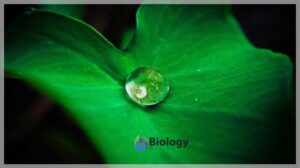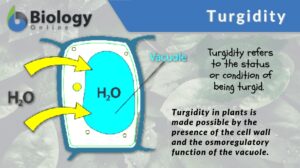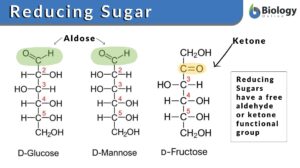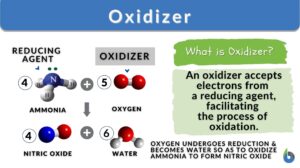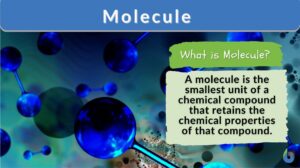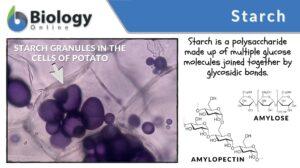Search Results for: cellulose
Diethylaminoethyl-cellulose
Definition noun (1) A positively charged resin used in ion-exchange chromatography for protein purification and... Read More
Cellobiose
Definition noun plural: cellobioses cel·lo·bi·ose, ˌsɛləʊˈbaɪəʊz A disaccharide made up of two glucose... Read More
Polysaccharide
Polysaccharide Definition Biology Definition: A polysaccharide is a carbohydrate formed by long chains of repeating units... Read More
Secondary cell wall
Definition noun plural: secondary cell walls ˈsɛkənˌdɛɹi sɛl wɔːl The layer of the plant cell wall that forms... Read More
Primary cell wall
Definition noun plural: primary cell walls ˈpɹaɪməɹi sɛl wɔːl The layer of the plant cell wall that forms prior to... Read More
Hydrophilic
Hydrophilic Definition What does a hydrophile (or hydrophilic molecule) mean? If a molecule is “water-loving”, it is... Read More
A Balanced Diet – Carbohydrates and Fat
Alongside the numerous vitamins that are required as part of a healthy diet, we must also eat food containing a variety of... Read More
Recalcitrant
Several words of the English language find wide usage in subjects as diverse as literature, science, social science,... Read More
Carbohydrate
Carbohydrate Definition A biomolecule refers to any molecule that is produced by living organisms. As such, most of them... Read More
Microfibril
Definition noun, plural: microfibrils (1) (cell biology) A microtubule or microfilament within the cell; an extremely small,... Read More
Alimentary canal
Definition of Alimentary canal What is the alimentary canal? The alimentary canal is a muscular hollow continuous tubular... Read More
Hydrogen bond
Definition noun plural: hydrogen bonds A type of chemical bond that is formed when the slightly positive hydrogen atom of... Read More
Monosaccharide
Monosaccharide Definition In biology and biochemistry, a monosaccharide is a simple sugar that constitutes the building... Read More
Charophyta
Charophyta is a taxonomic group (a phylum) comprised of green algae that live predominantly in freshwater habitats. Members... Read More
Turgor pressure
In biology, turgor pressure pertains to the pressure that is exerted by the fluid (e.g. water) against the cell wall. It is... Read More
Hydrophobic
Hydrophobic Definition The fear of mixing or reacting with water under a given set of reaction parameters is often referred... Read More
Reducing sugar
Reducing Sugar Definition What is reducing sugar? The type of sugar that acts as the reducing agent and can effectively... Read More
Decomposer
Decomposer Definition The organisms that carry out the process of decay or breakdown of the dead organism are known as... Read More
Plant Cells vs. Animal Cells
Plant Cells Most cells are not visible with the naked eye. However, with microscopes of various types, plant cells can be... Read More
Light-independent reaction
The process of photosynthesis is a biological procedure in which plants produce oxygen and energy (sugar) by using light... Read More
Chlorophyll
Why are most plants green? Have you ever had the same question? Perhaps, you’ve been told that the plants are green... Read More
Dehydration reaction
What is dehydration synthesis? A dehydration reaction is a form of biochemical reaction wherein a water molecule is lost or... Read More
